The incident has sparked heated debate about gaps in management and orientation of the use of artificial intelligence in higher education .
During an online midterm exam on October 15, Yonsei University (South Korea) discovered “a large number of people cheating using AI”. Specifically, this exam was part of an online course for 600 third-year students. Many students adjusted the camera angle or took pictures of the exam, then asked ChatGPT to solve the questions. These behaviors were discovered after a comprehensive online exam inspection.
According to the school representative, about 40 students proactively reported the cheating behavior. The incident quickly spread on the media and social networks, sparking a heated debate in Korean academic circles about how to manage and respond to the rapid development of AI technology in schools.
The Yonsei scandal is not just an isolated incident but also reflects a common trend in current school life. AI has become a familiar tool for Korean university students, even considered as an “assistant” in studying and researching.
According to a 2024 survey by the Korea Research Institute of Vocational Education and Training, of the 726 students surveyed who had experience using generative AI, 91.7% said they used the tool to collect information or assist in completing assignments.
A university student in Seoul said that most of her friends use ChatGPT or Gemini to do their homework and get additional explanations. “If you don’t use these tools, you feel like you’re behind. Others can finish their work in a few hours, but it takes you all day,” she said.
On Everytime, a popular social network for Korean students, the topic of “using AI to take online tests” attracted many comments. One user admitted that he pasted all the questions into ChatGPT and the tool answered most of them correctly, leaving him feeling like he “wasted his time” trying to do it himself.
According to the Korean Council for University Education, 77.1% of 131 universities have not issued any official guidelines on the use of AI in the classroom. Even those that have regulations are very general, stopping at the requirement to “ensure the accuracy of AI use” or “follow the instructions of lecturers”.
Education experts say the problem lies not in the technology itself, but in how schools approach and manage it. Simply banning it could push students into a “gray zone” of using AI without proper guidance and supervision.
“Rather than an outright ban, universities should establish a framework for the responsible and transparent use of AI,” said Dr. Kim Myuhng-joo, director of the AI Safety Institute. “Students may be allowed to use AI, but they must clearly cite the source of the information and explain how they use the tool in academic arguments.”
According to Dr. Kim Myuhng-joo, universities need to change their teaching structure, bringing the “human” element back to the center of education, instead of letting AI dominate the learning process. He believes that if the use of AI is inevitable, universities must teach students how to use AI ethically and effectively.
Dr. Kim Myuhng-joo, Director of the AI Safety Institute, emphasized: “Assessment methods in higher education need to be comprehensively reformed. Grading should not only be based on the final results, but also focus on the thinking process and how students interact with technological tools. Forms of assessment such as live presentations, academic debates or personal rebuttals need to be strengthened to assess students' true abilities.”
Source: https://giaoducthoidai.vn/gian-lan-tri-tue-nhan-tao-trong-tuyen-sinh-bai-hoc-dat-gia-cho-han-quoc-post756613.html





![[Photo] Action for the Community tells stories of enduring journeys – both intimate and great, yet quiet and determined](https://vphoto.vietnam.vn/thumb/1200x675/vietnam/resource/IMAGE/2025/11/15/1763179022035_ai-dai-dieu-5828-jpg.webp)




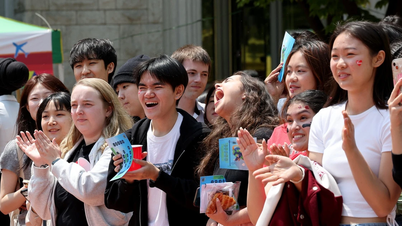
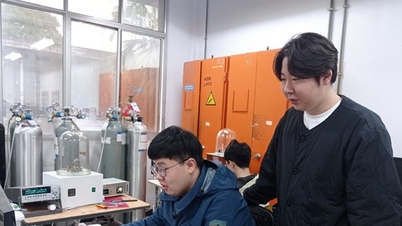

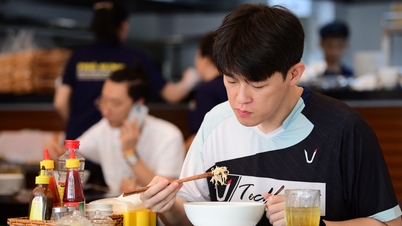

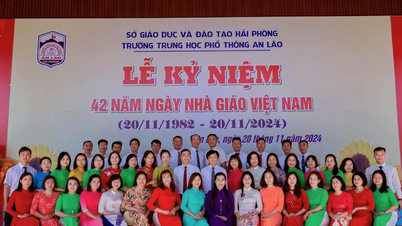
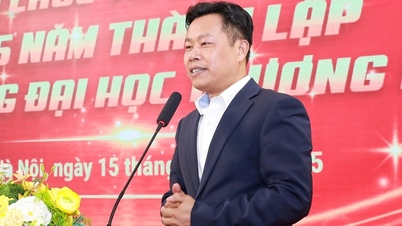



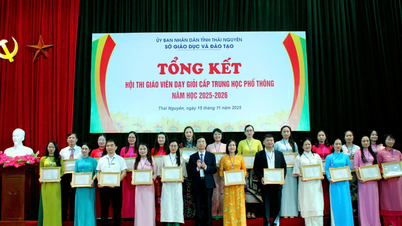
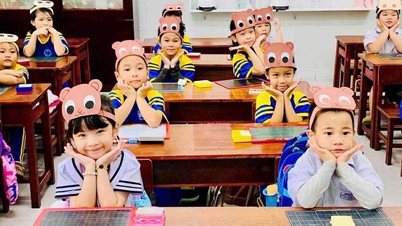




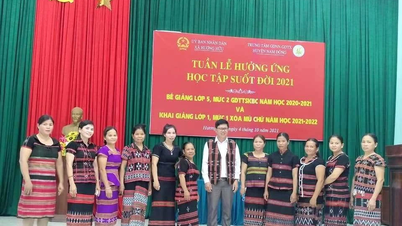

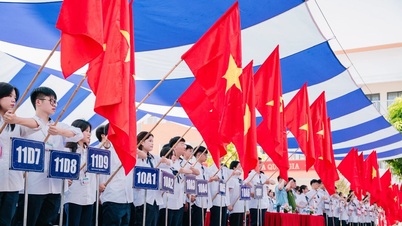

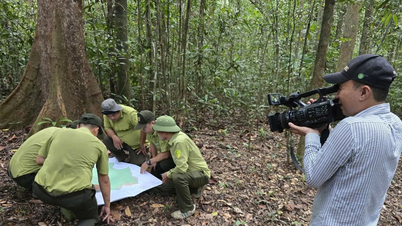
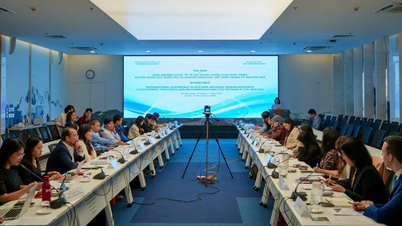

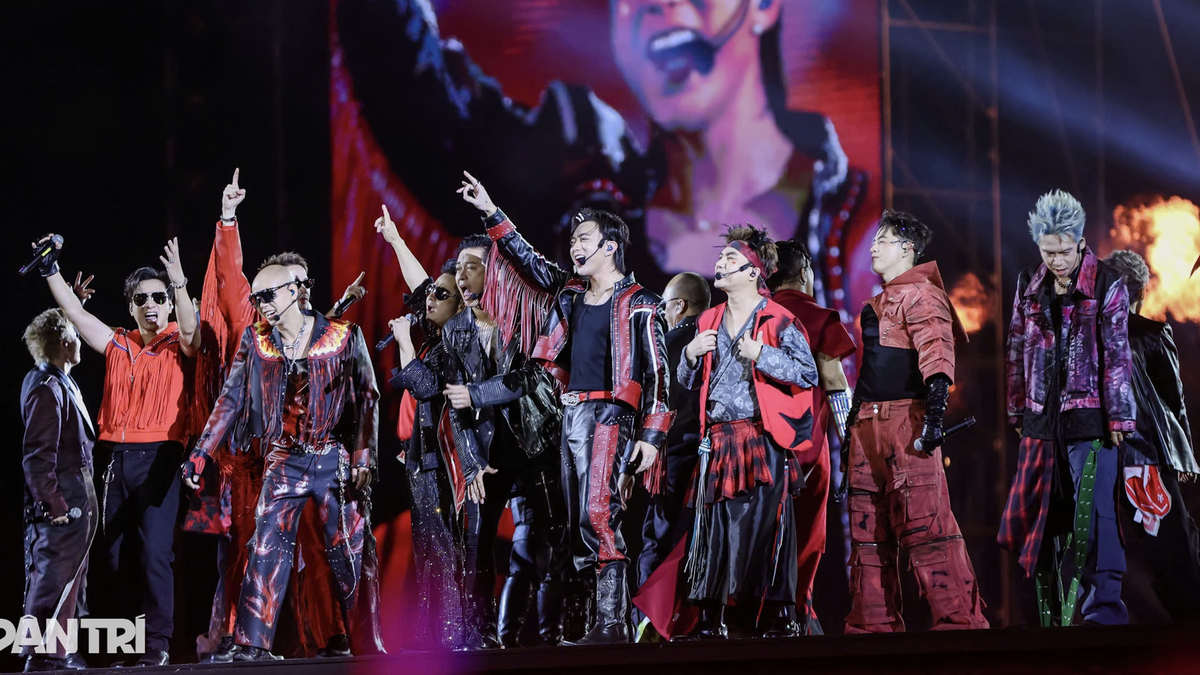






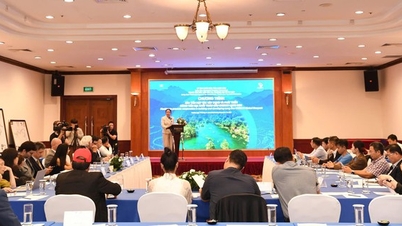



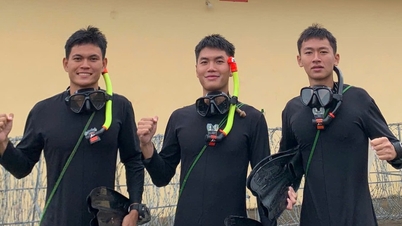


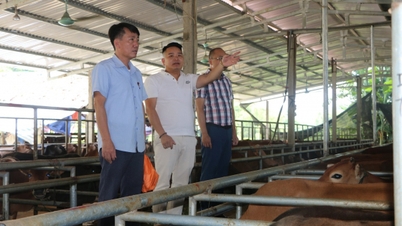

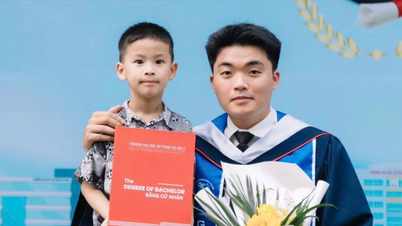
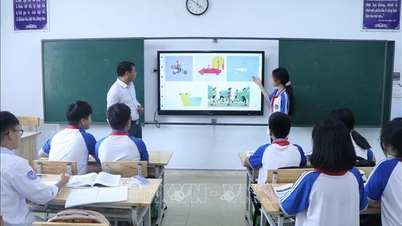



















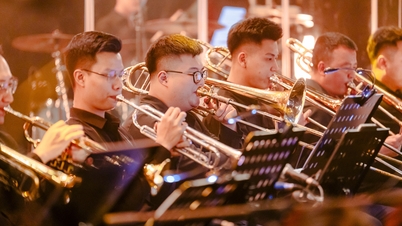
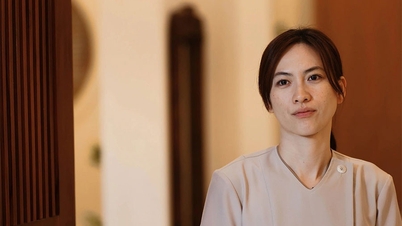

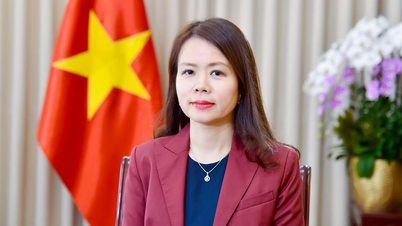





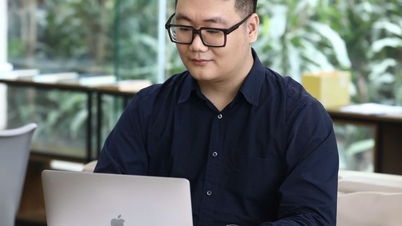




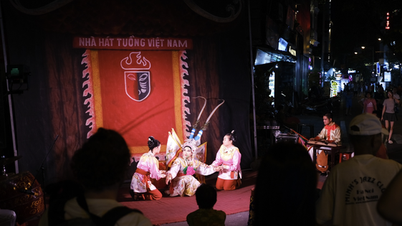





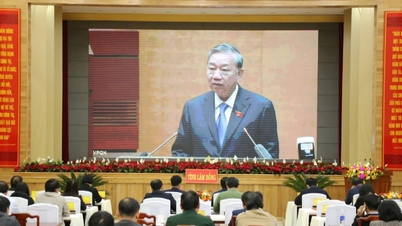


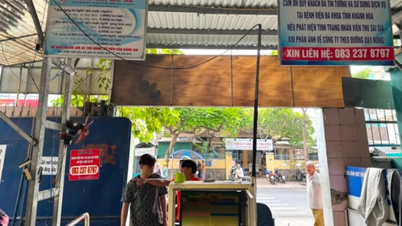











Comment (0)